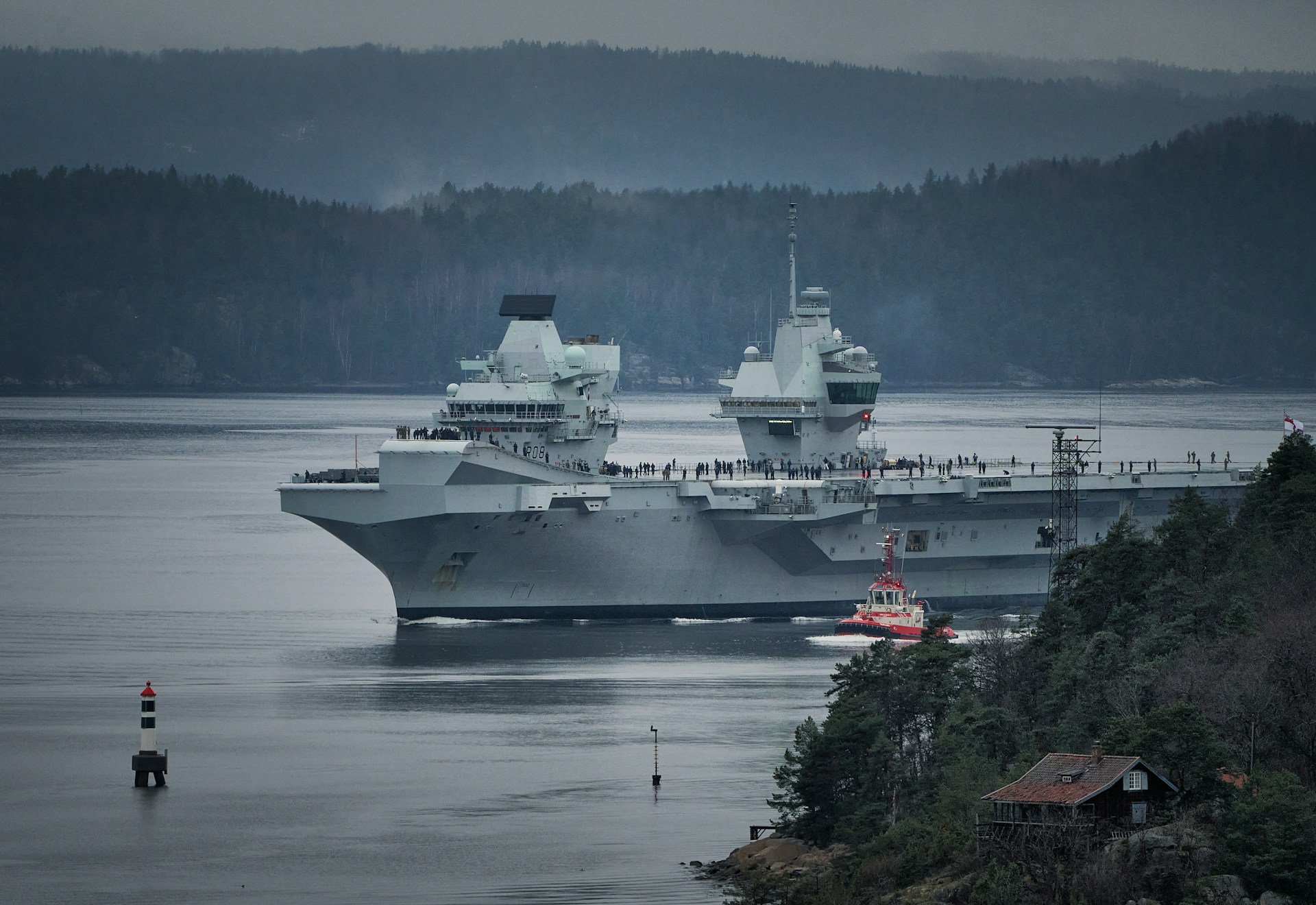The Scandinavian countries – Denmark, Norway, Sweden, and Finland – are situated in a strategically important region, with their coastlines spanning the North Atlantic, Baltic Sea, and Arctic Ocean. Their maritime domain is not only vital for their economic prosperity and trade but also plays a crucial role in their national security. As a result, maritime security is a top priority for these countries.
Traditional Maritime Security Threats
Like many other maritime nations, the Scandinavian countries face a range of traditional maritime security threats, including piracy, armed robbery against ships, and terrorism. Piracy, while significantly reduced in recent years, remains a concern in certain regions, such as the Gulf of Guinea and off the coast of Somalia. Armed robbery against ships, often targeting smaller vessels in coastal areas, poses a persistent threat.
Terrorist groups have also targeted maritime assets, raising concerns about the potential for attacks on ports, oil platforms, and cargo ships. Illegal activities, such as smuggling and drug trafficking, exploit maritime routes to transport contraband, undermining public safety and economic stability.
Non-Traditional Maritime Security Threats
In addition to traditional threats, the Scandinavian countries also face a range of non-traditional maritime security challenges, including:
- Illegal, Unreported, and Unregulated (IUU) Fishing: IUU fishing depletes marine resources, disrupts sustainable fisheries management, and can lead to conflicts between coastal communities and fishing fleets.
- Environmental Threats: Pollution from ships, oil spills, and illegal dumping pose significant risks to marine ecosystems and human health.
- Cybersecurity: Maritime infrastructure, including vessels and port systems, is increasingly vulnerable to cyberattacks, which can disrupt navigation, control systems, and critical communication networks.
- Human Trafficking: Maritime routes are often used for human trafficking, as traffickers exploit the vulnerability of migrants and refugees.
- Submarine Proliferation: The rise of submarine technology in the Arctic raises concerns about the potential for underwater threats and the need for maritime surveillance capabilities.
Enhancing Maritime Security in the Scandinavian Countries
The Scandinavian countries have implemented a comprehensive approach to maritime security, encompassing preventive measures, law enforcement, and international cooperation.
Preventive Measures:
- Strengthening Maritime Surveillance: The Scandinavian countries deploy a variety of surveillance assets, including maritime patrol aircraft, vessels, and sensors, to enhance situational awareness and detect potential threats.
- Maritime Domain Awareness (MDA): The Scandinavian countries actively collect, process, and analyze maritime data to gain a clear understanding of activities and threats in their maritime domain.
- Port Security Measures: The Scandinavian countries implement stringent port security measures to deter and prevent unauthorized access to port facilities and ships.
- Enforcing International Maritime Conventions: The Scandinavian countries adhere to and enforce international maritime conventions, such as the United Nations Convention on the Law of the Sea (UNCLOS), to combat maritime crime.
Law Enforcement:
- Coast Guards: The Scandinavian countries have strong and well-equipped coast guards that play a central role in maritime security, patrolling their waters, investigating maritime incidents, and apprehending offenders.
- Multinational Cooperation: The Scandinavian countries participate in multinational maritime security operations, such as Operation Atalanta, to combat piracy and armed robbery against ships in the Gulf of Aden and off the coast of Somalia.
International Cooperation:
- Regional Cooperation: The Scandinavian countries engage in regional maritime security dialogue and cooperation mechanisms, such as the Nordic Cooperation Council, to address shared maritime security challenges.
- International Organizations: The Scandinavian countries actively participate in international organizations, such as the International Maritime Organization (IMO), to develop and implement maritime safety standards.
Conclusion:
Safeguarding the maritime security of the Scandinavian countries is crucial for their economic prosperity, environmental sustainability, and national security. By implementing a comprehensive approach that combines preventive measures, law enforcement, and international cooperation, these countries can effectively address maritime security challenges and ensure the safety and security of their vast maritime domain.

